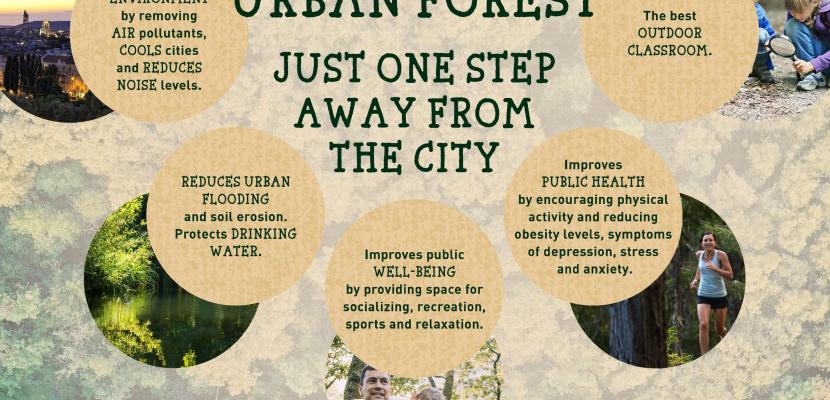
URBforDAN - Management and Utilization of Urban Forests

About this good practice
Urban forests, the “green city lungs”, offer important escape from our intense urban lifestyles. Their great value for any modern city was further proven during the COVID19 pandemic. In many cities, they have survived urbanisation so far, but are now facing unprecedented pressures due to inappropriate management, overuse and poor coordination between key actors.
The City of Ljubljana, being the Green Capital of Europe 2016, composed the transnational URBforDAN partnership in order to present new standards in sustainable and participatory management of urban forests. Proactive cooperation between key stakeholders (cities, forest managers, recreational users, owners…) led not only to development of Integrated Multi-use Management Plans for urban forests, but also their partial implementation. Through this process, Ljubljana and 6 other cities improved urban forest management on over 1.200 ha of urban forests, enhanced their ecosystem services, as well as actively involved their citizens in resolution of concrete conflicts and achieved much needed mind-change.
URBforDAN good practice was developed by the City of Ljubljana through a transnational Interreg Danube Programme supported project, involving 16 partners – 7 of them cities testing and implementing the approach. Its importance was also recognised by Food and Agriculture Organisation (FAO) of United Nations, which was an associated partner and one of most important promoters.
Resources needed
City-level political, operational and communication support; Team of city experts, forest managers and other relevant experts; Urban Forest pilot area; Local action group composed of key stakeholders; 2-3 years of time and funding. Ljubljana can provide knowledge, tools, experts and experience.
Evidence of success
Ljubljana adopted its Urban Forest Development Strategy 2020-45 and Operational Plans for two (2) pilot areas Golovec and Šmarna gora. They were equipped with visitor management infrastructure, which improved recreational, educational and relaxational experience for a diverse set of target groups. As results from Ljubljana were replicated in 6 other cities, management was improved on over 1.200 ha of urban forests. In 2020 project was nominated for REGIOSTARS Award by the Danube Programme.
Potential for learning or transfer
To ensure transferability and replicability of project results, Participatory Planning & UPF Management Guidelines were designed. Their purpose is to attract other cities to urban forestry topic as an awareness raising and methodological tool, as they provide the users with a clear step-by-step guidance–through the process. They also contain numerous links to relevant tools, examples and actual outputs produced by all 7 cities. City of Ljubljana is keen to further evolve the good practice based on bottom up approach and to learn from transfer cities.
This urban forest management approach has already been successfully tested in 6 other cities with a diverse set of environmental, cultural, legal and political conditions, further proving its replicability and transferability. City of Ljubljana has not only developed this good practice, but also has the knowledge, capacity, tools and experience for transfer to other cities.
Further information
Images
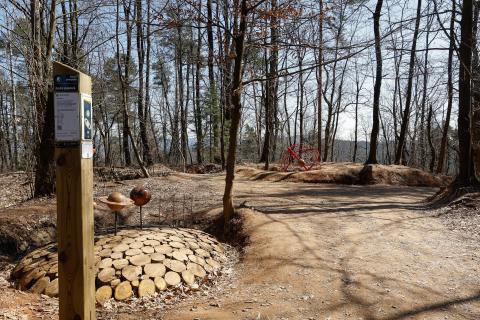
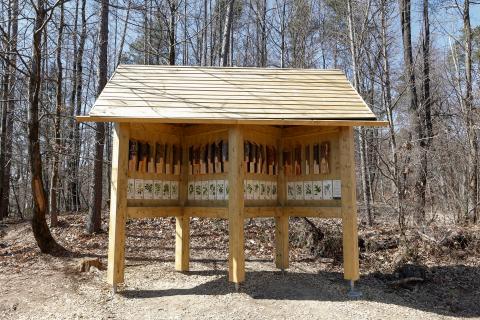
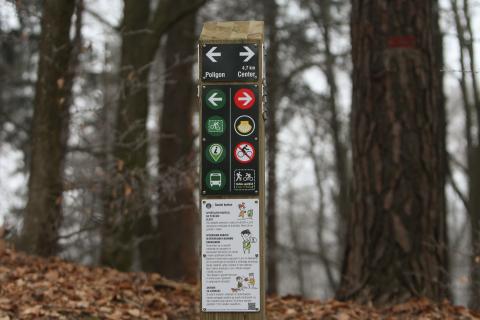
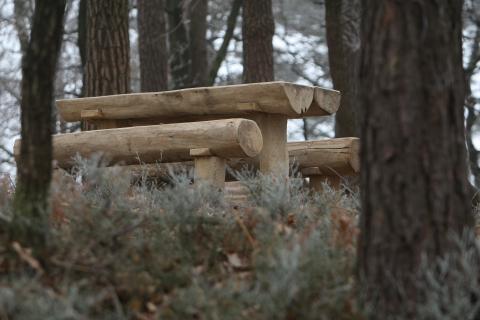
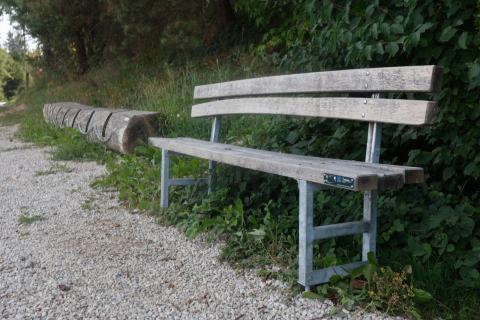
Documents
Laymans_report.pdf
Lessons_learned_poster.pdf
Operational_management_plan_Šmarna_gora.pdf
UPF_Key_Stakeholder_Profiles.pdf
UPF_Planning_Management_Gudelines.pdf
UPF_strategy_Belgrade.pdf
UPF_strategy_Cluj.pdf
UPF_strategy_Ljubljana.pdf
3.1 Poster A1 (Bonton v gozdu)_A1_ANG.pdf
Website
Good practice owner
You can contact the good practice owner below for more detailed information.